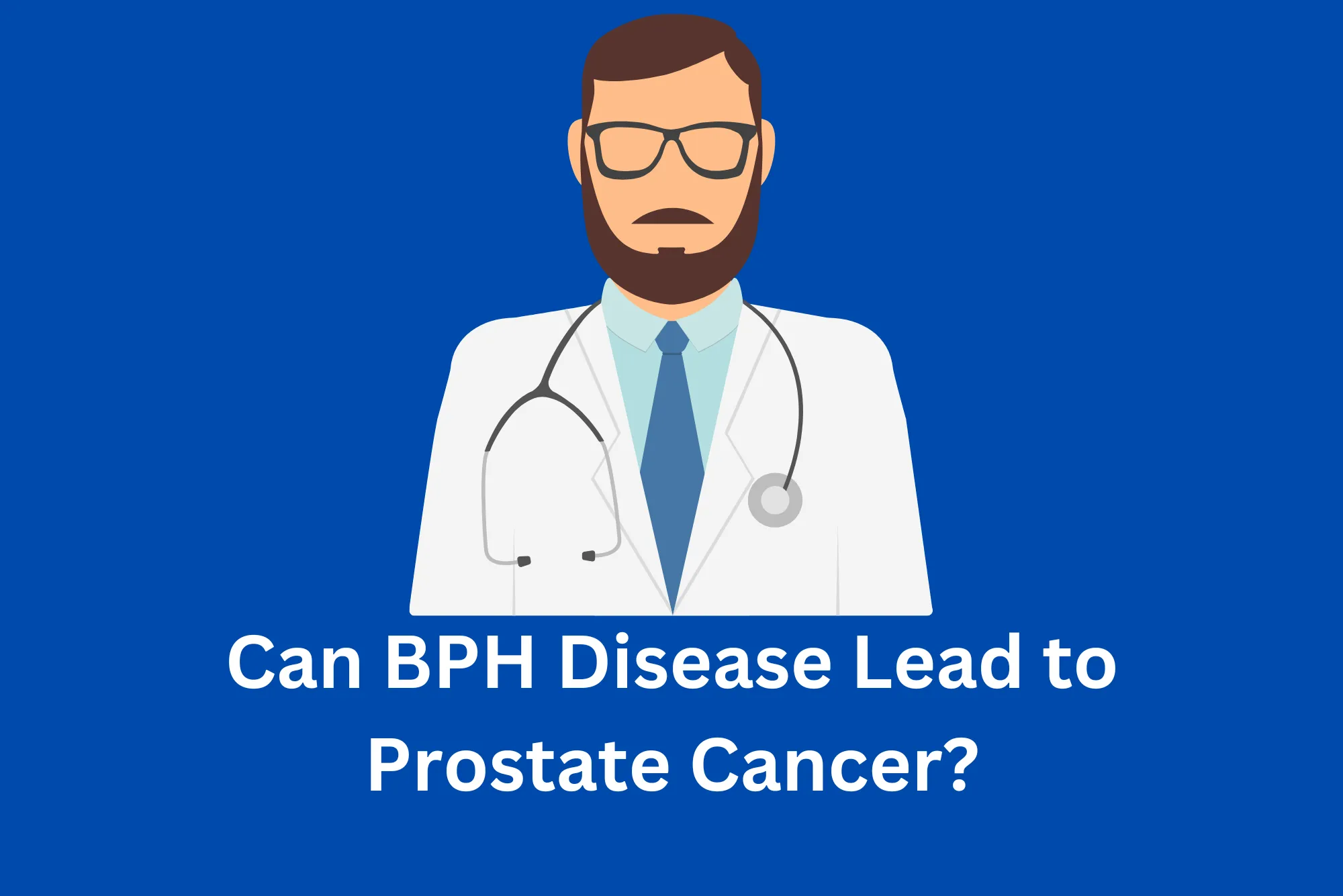Benign Prostatic Hyperplasia (BPH) is a common condition affecting men, particularly as they age. It causes the prostate gland to enlarge, leading to urinary difficulties. However, one of the most frequently asked questions is whether BPH disease can increase the risk of prostate cancer. Understanding the differences and potential links between these conditions is essential for maintaining prostate health and seeking appropriate medical care.
Understanding BPH and Its Impact
BPH is a non-cancerous enlargement of the prostate gland. As men age, hormonal changes cause the prostate to grow, potentially leading to symptoms such as:
- Frequent urination, especially at night
- Weak or interrupted urine flow
- Difficulty starting urination
- Feeling of incomplete bladder emptying
While BPH can cause discomfort and urinary problems, it does not develop into prostate cancer. However, the two conditions share some symptoms, making proper diagnosis crucial.
To learn more about BPH disease and its symptoms, consult reputable medical sources.
The Link Between BPH and Prostate Cancer
Is There a Direct Connection?
Research shows that while BPH and prostate cancer often coexist, BPH does not directly cause cancer. Both conditions are influenced by age and hormonal changes, but they develop independently. However, having BPH may lead to increased prostate-specific antigen (PSA) levels, which can sometimes raise concerns about prostate cancer. Regular screenings and medical evaluations help distinguish between the two.
Overlapping Symptoms
Since BPH and prostate cancer share several symptoms, it is essential to undergo medical tests such as PSA tests, digital rectal exams (DRE), and biopsies if necessary. These tests help determine whether symptoms are due to benign enlargement or malignant growth.
For more information on BPH benign prostatic hyperplasia and how it differs from prostate cancer, consult medical professionals.
Risk Factors for Prostate Cancer
Although BPH does not lead to prostate cancer, certain factors increase the risk of developing prostate malignancy, including:
- Age: The risk rises significantly after age 50.
- Family History: A history of prostate cancer in close relatives increases the likelihood.
- Diet and Lifestyle: A diet high in processed foods and red meat may contribute to higher risks.
- Ethnicity: African American men are at a higher risk of prostate cancer compared to other ethnic groups.
- Obesity: Excess weight may influence hormone levels and promote cancer development.
Prevention and Prostate Health Maintenance
Adopting a Prostate-Friendly Diet
A healthy diet plays a crucial role in maintaining prostate health. Consuming foods rich in antioxidants, healthy fats, and fiber can help lower inflammation and support prostate function. Some beneficial foods include:
- Tomatoes and watermelon (rich in lycopene)
- Green leafy vegetables
- Nuts and seeds (high in zinc)
- Fatty fish (rich in omega-3 fatty acids)
- Berries (high in antioxidants)
Regular Exercise and Weight Management
Maintaining an active lifestyle helps reduce the risk of prostate issues. Exercise improves circulation, balances hormone levels, and supports overall health. Activities such as walking, jogging, yoga, and strength training can be beneficial for prostate function.
Importance of Regular Medical Checkups
Routine prostate screenings help detect any abnormalities early. Men over 40 should discuss PSA tests and DRE exams with their healthcare provider to monitor prostate health. Early detection significantly improves treatment outcomes.
Treatment Options for BPH and Prostate Cancer
Managing BPH Symptoms
Mild BPH symptoms can often be managed through lifestyle changes, medications, or minimally invasive procedures. Doctors may prescribe alpha-blockers or 5-alpha reductase inhibitors to alleviate urinary symptoms.
Prostate Cancer Treatment Approaches
Prostate cancer treatment depends on factors like cancer stage, patient age, and overall health. Treatment options may include:
- Active Surveillance: Monitoring slow-growing cancers without immediate intervention.
- Surgery: Prostate removal (prostatectomy) in more advanced cases.
- Radiation Therapy: Using targeted radiation to eliminate cancer cells.
- Hormone Therapy: Reducing testosterone levels to slow cancer growth.
- Chemotherapy: Recommended for advanced or aggressive cancer cases.
Choosing the Right Medical Care
Selecting the right healthcare provider is essential for effective prostate health management. Consider factors such as specialization, treatment options, patient reviews, and accessibility when choosing a doctor or medical facility.
For more health-related insights and expert articles, visit UK Kings. Stay updated on medical advancements, wellness tips, and lifestyle strategies to improve overall well-being.




